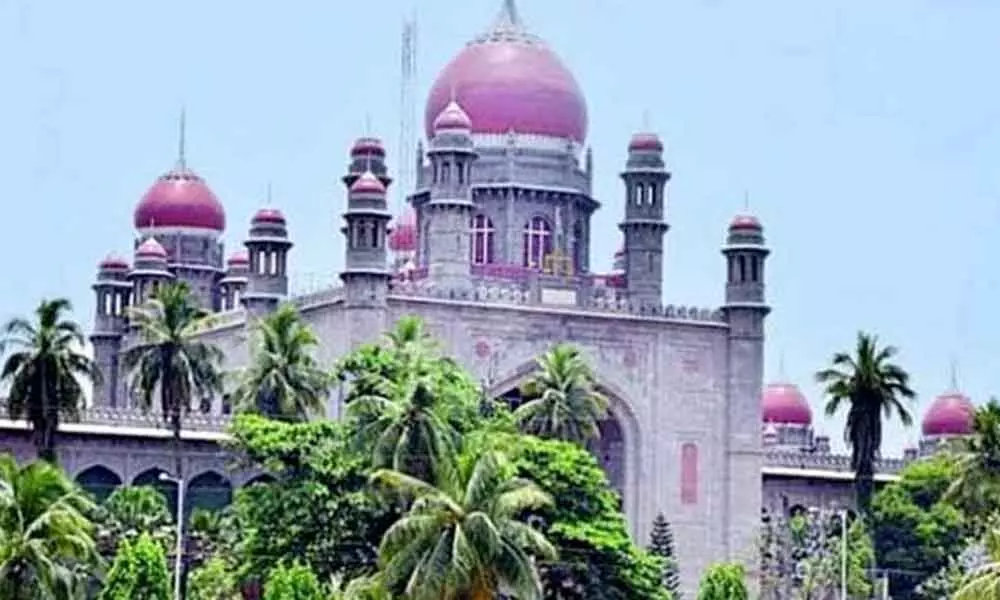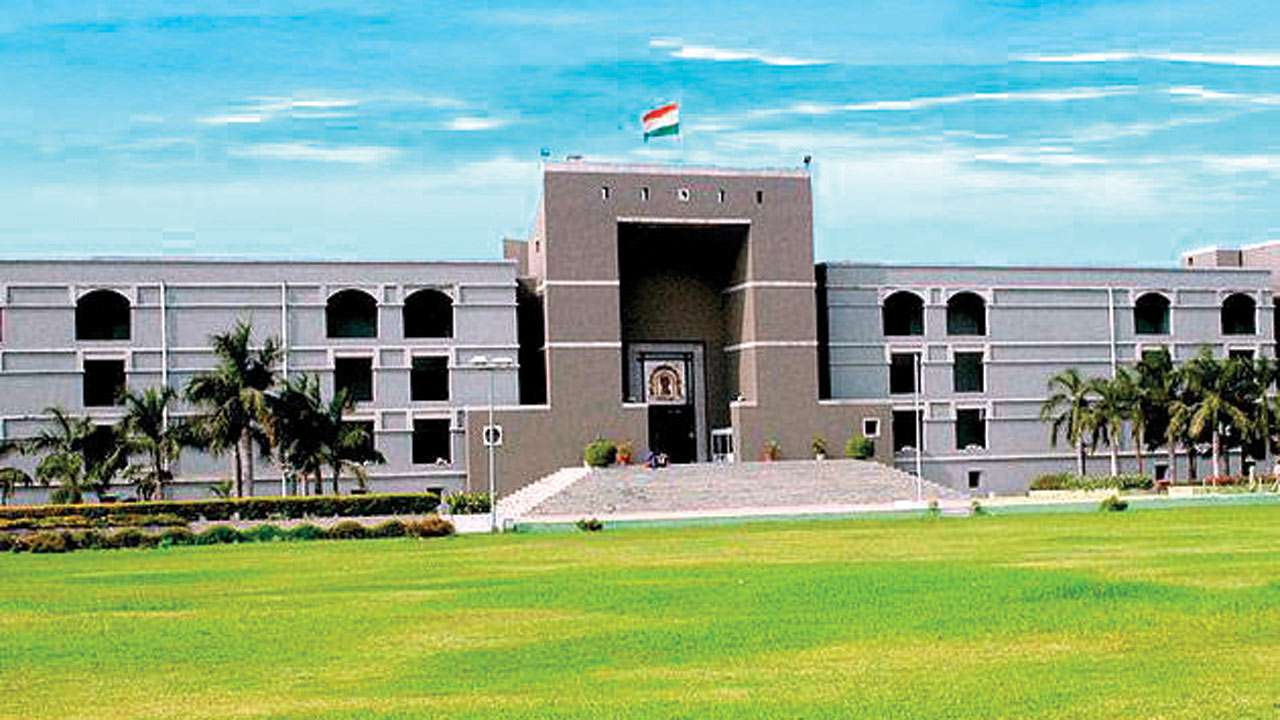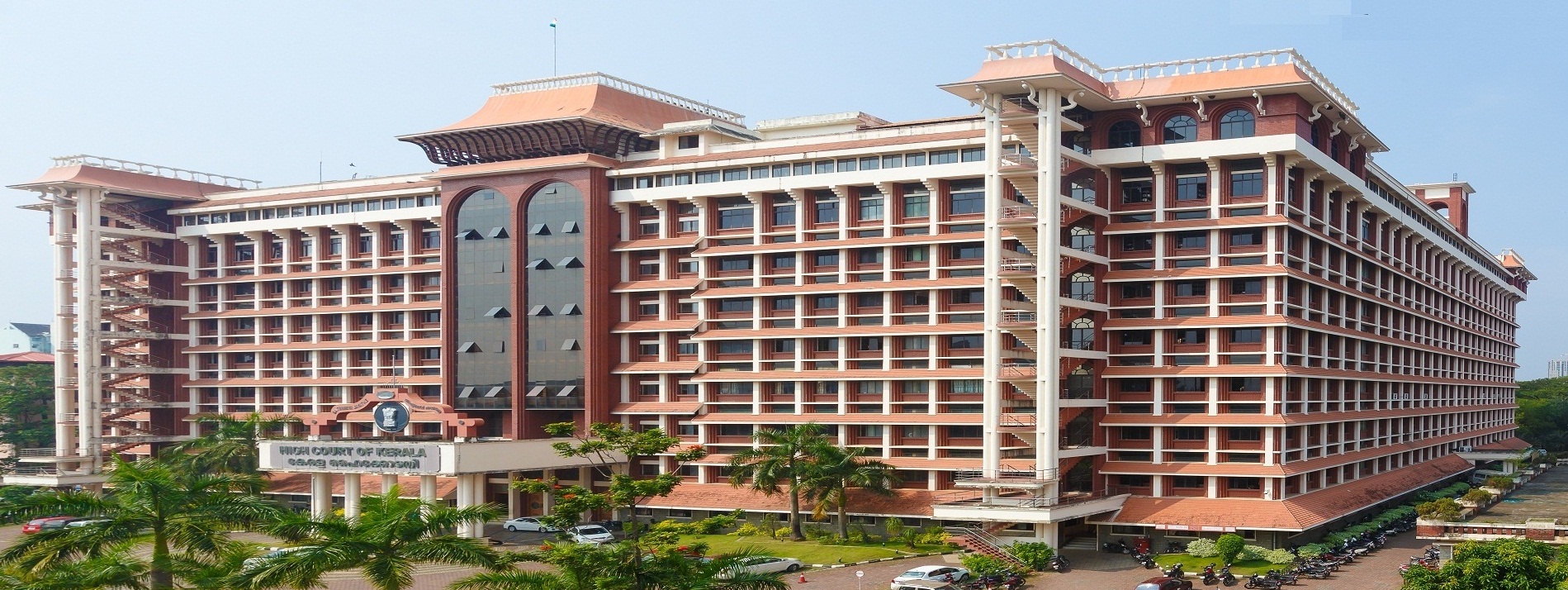Era Realtors Private Limited Versus Prakash Shah& Another (High Court of Judicature at Bombay, 14-03-2024)
Latest Judgements
Chennai Petroleum Corporation Limited [CPCL] & Others Versus National Green Tribunal Southern Zone, Chennai & Others (High Court of Judicature at Madras, 14-03-2024)
- Read More
Punnappadam Kakkod Puthanpally Juma-Ath & Others Versus The Kerala State Waqf Board & Another (High Court of Kerala, 14-03-2024)
- Read More
Avula Indira Chittoor & Another Versus G. Chenchaiah & Others (High Court of Andhra Pradesh, 13-03-2024)
- Read More
Amrut & Others Versus The State of Maharashtra (In the High Court of Bombay at Aurangabad, 12-03-2024)
- Read More
AIGP Developers (Pune) Private Limited Versus The State of Maharashtra & Others (High Court of Judicature at Bombay, 08-03-2024)
- Read More
State of Tamil Nadu & Another Versus CREDAI, CHENNAI & Others (High Court of Judicature at Madras, 06-03-2024)
- Read More
Upendra Kantilal Thanawala & Others Versus Shreeram Builders & Others ( High Court of Judicature at Bombay, 05-03-2024)
- Read More
TOP STORIES
Constitution of India - Article 226 - Prevention of Corruption Act, 1988 - Limitation Act-
withholding of increment and suspension - period of suspension cannot be treated as a period spent on duty.(CDJ 2024 BHC 579)
Constitution of India - Article 226 – Medical Reimbursement -
The right to medical claim cannot be denied merely because the name of the hospital (non-network hospital) is not included in the Government Order. (CDJ 2024 MHC 2247)
Indian Penal Code - Section 498-A, Section 306 r/w Section 34 – Abetment of Suicide -
Quarrels and abuses without intending the consequences would itself not attract instigation or abetment to commit suicide.(CDJ 2024 BHC 368)
FROM CDJ CITATIONS
Prevention of Corruption Act, 1998 - Sections 7, 13(1)(d) read with Section 13(2) - Service Matter - Death-cum-Retirement Gratuity - Claim for -
When can be granted - Respondent in appeal was working as Village Extension Officer, in course of his employment Vigilance Department registered a crime alleging that he had received Rs.500 as bribe and he was suspended from service and was later reinstated in service - He retired from service on superannuation while working as General Extension Officer - On conviction in a criminal case for violation of integrity norms in performance of official duties and an appeal pending before High Court, is employee still entitled to release of his Death-cum-Retirement Gratuity is the moot point arising for consideration in the present appeals - In view of there being a divergence of opinion, Division Bench considered it appropriate to refer matter to a larger Bench as two applications before KAT had produced different results.
Court Fees Act, 1870 - Section 7 –Code of Civil Procedure, 1908 - Section 96, Order 7 Rule 11, Section 80, Section 151, Section 115 – Dificiency in court fees –
Applicability of Section 7 of Act, 1870 in Money suit - Money suit for compensation/damages filed – High Court allowed the revision petition filed by the respondent Dev Brat Sharma and further proceeded to reject the application of the appellant under Order 7 Rule 11 read with Section 151 of Code of Civil Procedure after setting aside the order dated 10.11.2016 passed by the Trial Court holding that the respondent (plaintiff before the Trial Court) was required to make good deficiency in the Court fees on the amount of Rs. 20 Lakhs claimed by him as compensation
Latest Articles
Indian Admiralty law made as Easy as ABC by - Justice Abdul Quddhose, Madras High Court
In many ways, the concept of Admiralty law is more or less similar to the law relating to properties on land and only the terminologies...
THE TWO CHILD NORMS - A FLASH BACK by - P.B. Sahasranaman, Advocate
Over 34 years of practice as a lawyer, with focus on Environmental Laws in India. Expertise includes Coastal Regulation Zone (CRZ) and other ...
WHETHER EUNUCH ARE RECOGNISED AS LEGAL ENTITY IN INDIA by - SHARDA
Constitution of India provides various rights to "persons." Person means artificial and natural person. Natural person include all human being.
Latest News
Orissa HC orders CBI probe as JEE candidate claims wrong mark sheet issued to him
- Read More
HC stays case booked against assistant director for reciting a poem depicting Lord Rama to be involved in manual scavenging
- Read More
Supreme Court hearing on Article 370 abrogation live updates | Constitutional powers cannot be exercised to achieve political ends: Dushyant Dave
- Read More
Cracks on beam of Shree Jagannath Temple’s Nata Mandap must be repaired on priority, Orissa High Court’s Amicus Curiae tells Archaeological Survey of India
- Read More


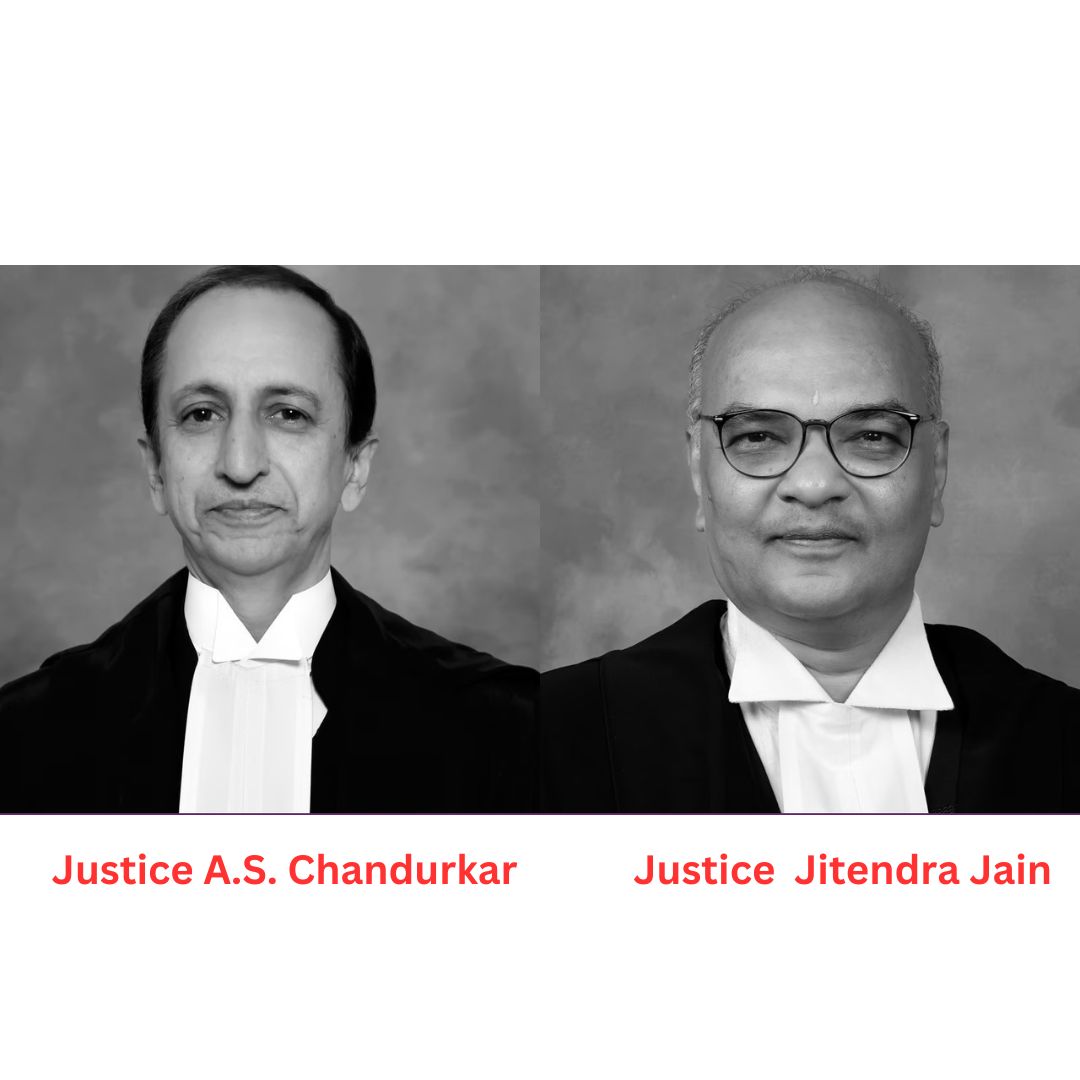
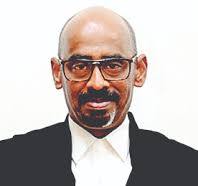
.jpg)
.jpg)

.jpg)
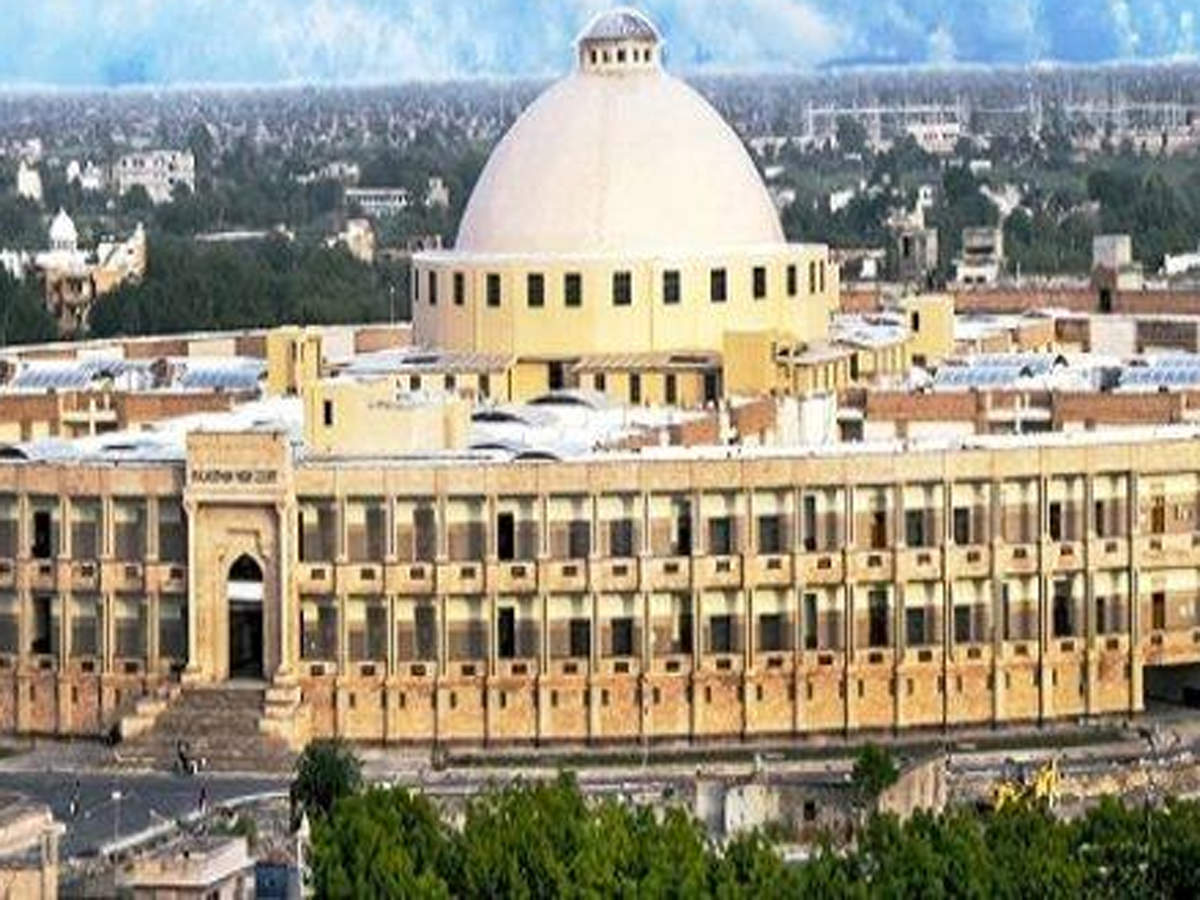
.jpg)
